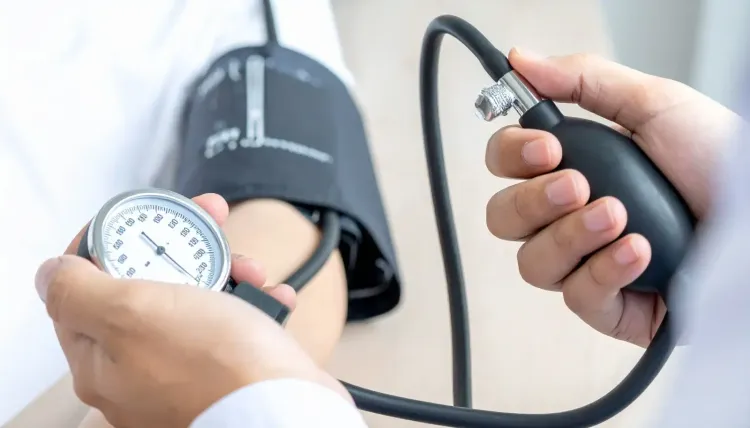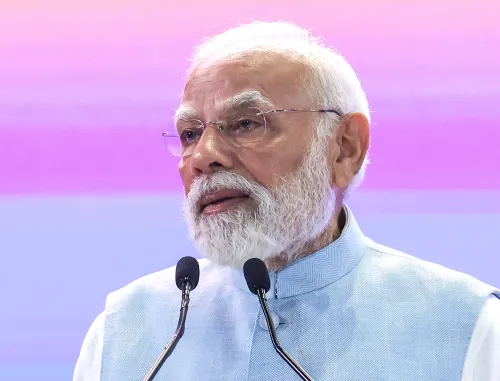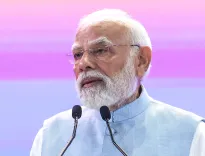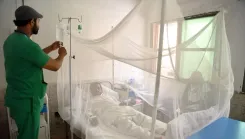Has Gujarat Really Screened 1.68 Crore Citizens for Non-Communicable Diseases?

Synopsis
Key Takeaways
- 1.68 crore citizens screened for NCDs in Gujarat.
- Free consultations and treatments provided at government health centres.
- Special focus on women with the Swasth Nari, Sashakt Parivar initiative.
- Regular NCD Days established for check-ups across state health facilities.
- Awareness programs marked on World Diabetes Day.
Ahmedabad, Nov 13 (NationPress) The Gujarat government has successfully screened approximately 1.68 crore citizens aged 30 and above for non-communicable diseases (NCDs) such as hypertension and diabetes, marking a significant achievement in the realm of preventive healthcare.
As per statistics from the National NCD Portal (updated on November 7), over 1.70 crore citizens are enrolled in the state's Community-Based Assessment Checklist program, which is facilitated by ASHA workers throughout Gujarat.
Among those screened, 39.47 lakh individuals were found to have hypertension and 29.77 lakh with diabetes, all of whom were provided with free medical consultations and treatment at government health facilities.
During the financial year 2024–25, more than 1.05 crore people aged 30 and older underwent free diabetes screenings as part of the statewide NCD Screening Drive Campaign.
This initiative has been crucial in identifying early-stage cases and ensuring timely intervention under the leadership of Chief Minister Bhupendra Patel and Health Minister Praful Pansheriya.
Additionally, as part of the 'Swasth Nari, Sashakt Parivar' (Healthy Woman, Empowered Family) program, over 15.74 lakh women have been screened for diabetes.
To address the escalating risk of NCDs among younger demographics, the government has introduced a specialized Prevention and Control Program for Non-Communicable Diseases, which provides free screenings and treatment for diabetes and hypertension.
This program includes survey-based online registrations linked to the Ayushman Bharat scheme, allowing eligible patients to access free consultations and medications at Health and Wellness Centres. Every Tuesday and Friday are designated as NCD Days at all state health facilities for periodic check-ups and counseling sessions.
In recognition of World Diabetes Day on November 14, awareness initiatives are being organized in all Ayushman Arogya Mandirs across Gujarat. These events emphasize prevention, early diagnosis, and lifestyle management through health discussions, screening camps, and counseling sessions.
Moreover, the Health Department is advocating for healthy lifestyle choices via exhibitions, social media campaigns, and engagement with local media.
Citizens are encouraged to take full advantage of the free screenings, medications, and diagnostic services available under the National Programme for Prevention and Control of Non-Communicable Diseases (NP-NCD).









